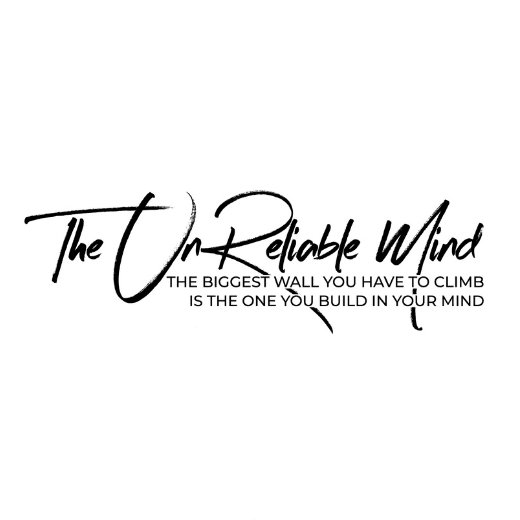A Beginner's Guide to Your Mental Health

August 12, 2024
Mindfulness And Your Mental Health - A Beginner's Guide
Have you ever felt like your mind seems too full? Perhaps you are having trouble concentrating and achieving your goals. That’s when you actually need mindfulness the most. As you practice more at being mindful, the less full your mind will be. There is a logic behind this practice, and this article will help you learn the basics of mindfulness.
- What exactly is mindfulness?
Basically, mindfulness means putting into practice the cultivation of awareness of your feelings and thoughts, and the ability to remain focused on each moment in the present. Mindfulness techniques vary from breath work and meditation to other intentional customs that will help you consciously observe your own feelings and thoughts, to foster a sense of non-judgement.
Mindfulness has physical and mental benefits that include:
- Better attention and focus
- Stress reduction
- Less emotional reactivity
- Higher satisfaction in relationships
- Improved capacity for memory storage and access
Mindfulness is a working buffer against anxiety. It helps to improve your memory and ability to learn and retain information, as well as reducing fatigue and improving sleep. It also aids in your ability to regulate stress and emotion.
You don’t need to spend hours every day meditating in order for mindfulness to benefit your mental health. Between eight and 20 minutes per day is sufficient to bring about meaningful benefits. This time will balance what you will be able to commit to within your day, and will benefit your attention span, as well.
A Beginner’s Guide to Mindfulness - RADIAS Health
- How can you begin to practice mindfulness for your mental health?
To start with, you can bring a mindfulness practice into everyday routines. You can do a couple minutes in the morning, when you arrive at work. This focuses all your attention on your breath, while noticing each breath in and out, before you start your day.
Set reminders on your smartphone when you want to take time for mindfulness breaks. These represent important “appointments” to benefit your mental health.
One of the simplest beginner breathing exercises is box breathing. It’s simple, and flows like this:
- Take in a breath through the nose for 4 seconds (count the seconds in your mind).
- Hold that breath for 4 more seconds.
- Let the breath out from your mouth for 4 seconds.
- Finally, hold your breath for 4 seconds.
If you are still troubled by the distractions that seem to be everywhere, you may feel that your surroundings are too “noisy” in which to meditate. Actually, distractions help you learn to practice mindfulness.
When you are in a situation that feels stressful, you probably don’t have any control over the distractions in those surroundings. Mindfulness doesn’t clear your mind, nor is it meant to.
Rather, when you practice mindfulness, you observe your emotions and thoughts. That provides you with valuable information to grow and learn in your own mental health wellness while maintaining your ability focus and retain information.
When you experience distractions, notice where your mind is going. Does it become fixed on distracting noise from co-workers talking on their phones? Was the distraction related to a meeting you had earlier in the day? Invite your mind to go back to your anchor – your breath. You can do this as often as you might feel the need. That’s why mindfulness is known as “practice”.
https://www.bswhealth.com/blog/a-simple-guide-to-mindfulness-for-beginners
Conclusion
Mindfulness meditation revolves around anchoring yourself in your breathing and in being present in the moment. It helps you to cultivate awareness of sensations and thoughts. Mindfulness can be referred to as a present-minded state, and it’s related closely to meditation.
Mindfulness through meditation is linked positively with an increased ability to pay attention and focus and decreased levels of stress. When you develop a regular practice of meditation, it is an essential means of reaping all those benefits. Start slowly in a distraction-free area and just meditate for a few minutes. That simple approach will lead you to feeling more comfortable with mindfulness for mental health.
dhf
If you liked this artice, check out my Substack Newsletter "Boost The Power of Your Brain" at: https://theunreliablemind.substack.com/p/boost-the-power-of-your-brain
Get in Touch
Connect with Us for a Healthier Tomorrow
Thank you for considering The Unreliable Mind for your well-being journey. Whether you desire common sense mental health information, help with weight loss, or simply want a pathway to reach your full potential, we are here for you. Please fill out the form below and I will enroll you in my free Substack Newsletter, and let's embark on this journey together. Your well-being is our priority, and we look forward to connecting with you soon.
